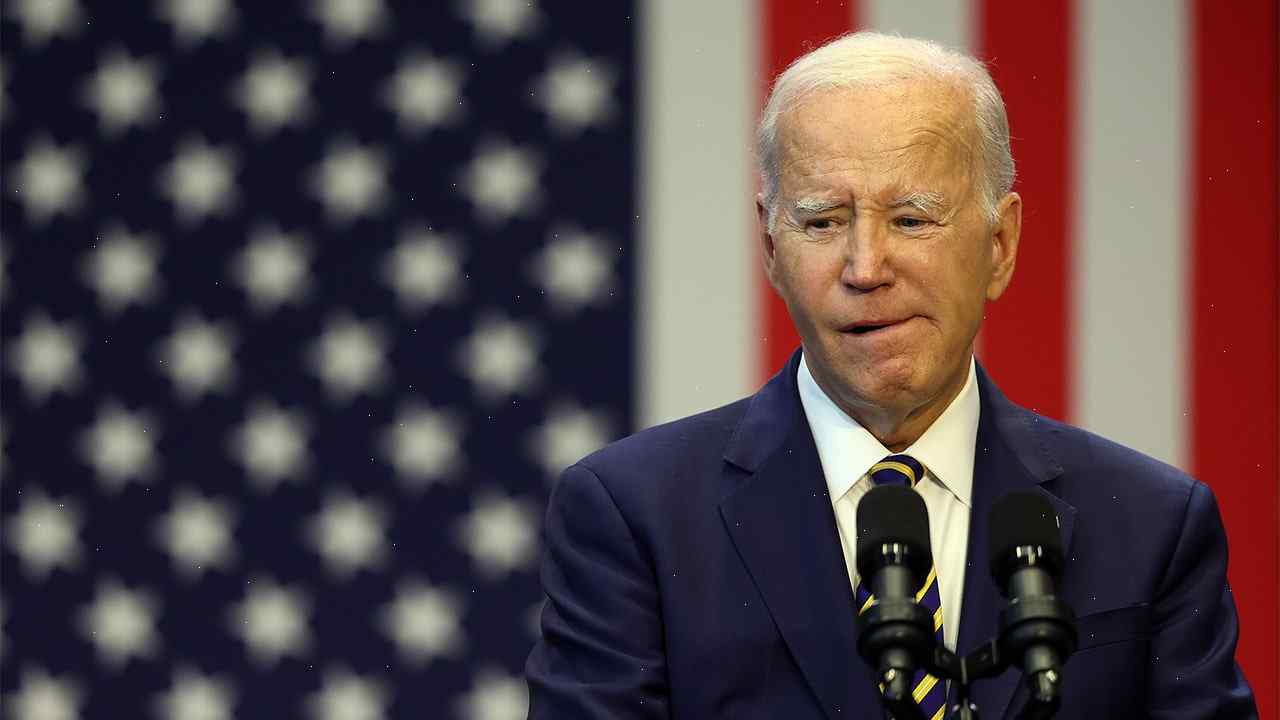As the dust settles from the recent presidential election, attention has already turned to the next race for the White House. For incumbent President Joe Biden, his handling of foreign policy, particularly in the Middle East, could be a significant hurdle in his bid for re-election. The parallels between Biden’s situation and that of former President Jimmy Carter are striking, raising concerns about whether history might repeat itself.
Carter’s presidency was marred by a series of crises in the region, including the Iran hostage crisis, which dominated headlines and damaged America’s reputation globally. Similarly, Biden faces mounting criticism for his administration’s response to various challenges in the Middle East, such as the ongoing conflict in Syria, the Israeli-Palestinian stalemate, and most recently, the drone strike that killed top Iranian military commander Qasem Soleimani.
Both presidents have been criticized for their perceived weakness in dealing with authoritarian regimes and terrorist groups. In Carter’s case, it was the Ayatollah Khomeini’s regime in Iran; for Biden, it’s the mullahs’ continued grip on power and Tehran’s support for regional militias. The perception of feeble leadership can embolden adversaries and create a power vacuum, potentially leading to further instability and violence.
Moreover, both administrations have faced scrutiny for their lack of clear strategic vision in the region. Carter’s failed attempt to rescue the American hostages in Iran and Biden’s mixed messages on troop withdrawal from Afghanistan and Syria have fueled doubts about their respective abilities to navigate complex geopolitical situations.
The consequences of these failures can be severe. Not only does it undermine U.S. credibility among allies and foes alike, but it also risks destabilizing entire regions. As tensions escalate, the possibility of another devastating war in the Middle East looms large, threatening global security and economic stability.
In light of these similarities, it’s reasonable to question whether Biden’s missteps in the Middle East could cost him the presidency, much like they did for Carter. However, there are crucial differences between the two leaders’ circumstances that suggest Biden might avoid a similar fate.
Firstly, while Carter faced a united Republican front against his policies, Biden enjoys greater support within his own party. Democrats generally back his efforts to re-engage with international agreements and adopt a less interventionist approach to foreign policy. This partisan divide means that, unlike Carter, Biden is unlikely to face significant opposition from within his own party.
Secondly, the current political landscape is vastly different from the late 1970s. Today’s hyperpolarized environment amplifies every mistake, real or perceived, making it seem like the world is ending with each new tweet. In contrast, Carter had the luxury of a relatively quieter media landscape, allowing him to manage crises with fewer distractions.
Lastly, Biden benefits from having learned valuable lessons from Carter’s tenure. He has demonstrated a willingness to adapt and course correct when necessary, whereas Carter’s inflexibility contributed to his downfall. By acknowledging past errors and demonstrating a commitment to improvement, Biden might defuse some of the criticism aimed at his administration.
Despite these advantages, complacency is ill-advised. Biden must recognize that even slight miscalculations in the volatile Middle East can have catastrophic consequences. To mitigate risks and dispel doubts about his leadership, he should focus on building bipartisan consensus around a comprehensive strategy for the region. This plan should prioritize diplomacy, reinforce traditional alliances, and address pressing issues such as nuclear proliferation and human rights.
In conclusion, while comparisons between Biden’s predicament and Carter’s are valid, there are key differentiators that could help the current president avoid a similar electoral defeat. Nevertheless, the stakes are high, and Biden must demonstrate statesmanship, strategic acumen, and a deep understanding of the complex dynamics at play in the Middle East. Only through decisive action and effective communication can he conv

